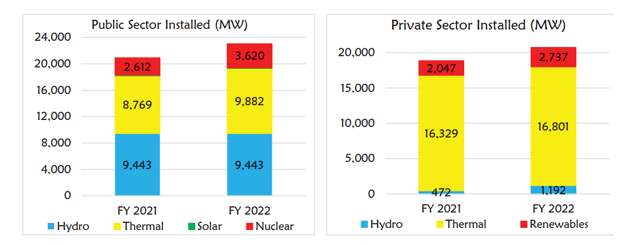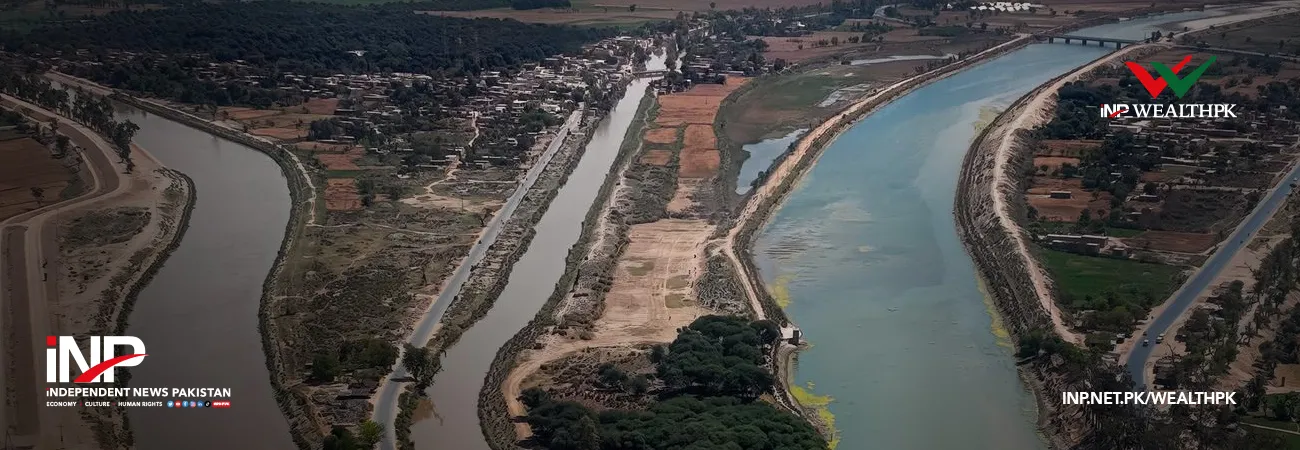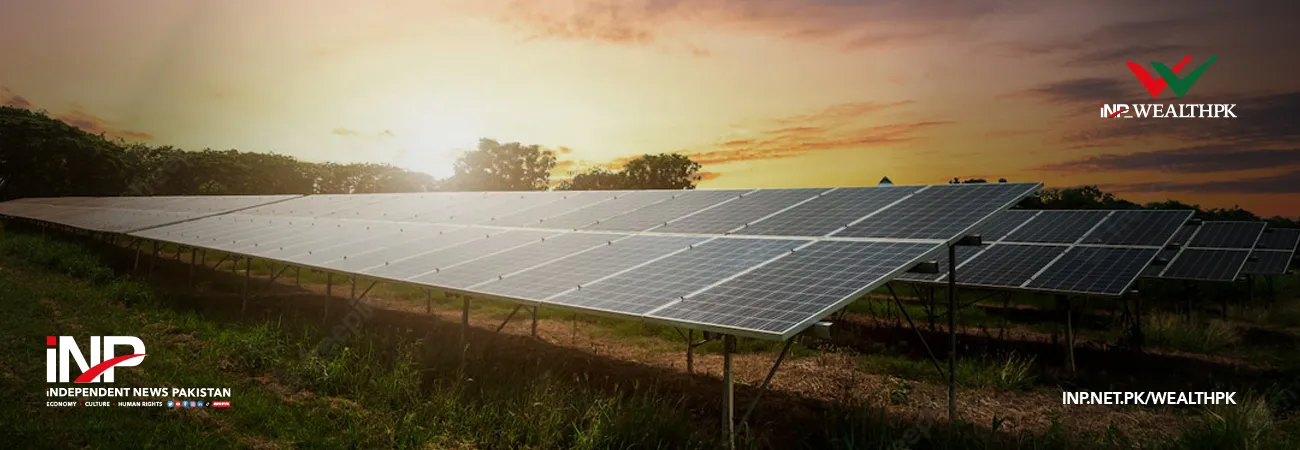INP-WealthPk
Ayesha Saba
In view of the looming energy crisis and the increasing cost of using fossil fuels to supply the country’s energy requirements, Pakistan sees nuclear energy as a viable option that can be employed to meet the rising energy demands.
“Foreign exchange reserves in Pakistan have plunged due to the current economic crisis. Fears of default are forcing policymakers to look for energy alternatives,” said Muhammad Arif Goheer, Principal Scientific Officer at Global Change Impact Studies Centre (GCISC), Ministry of Climate Change, while talking to WealthPK.
“Nuclear energy is a clean and cost-effective source of power that offers several benefits over traditional fossil fuels and renewable sources. Unlike coal and natural gas, it emits very little carbon dioxide emissions,” Arif pointed out.
“Nuclear energy might give a peaceful alternative to Pakistan’s expanding energy demands since it is a member of the Paris Climate Treaty and one of the countries most affected by climate change. It will also not endanger the international community’s efforts to achieve a clean environment,” he said.
The country’s transmission and distribution capacity, however, is only approximately 22,000MW. This results in hours of electricity outages in the hot summer months.
“Over 50 million people are not connected to the national grid and don’t have access to electricity. An unrelated but major problem that has plagued Pakistan’s power sector besides distribution capacity is the cost of electricity production,” the official said.
He said the expansion of Pakistan’s nuclear power capacity will require significant investment, both in terms of building new plants and ensuring their safety and waste management infrastructure. This investment could pay off in the long run, as nuclear power has the potential to provide a stable, reliable source of energy for the country.
The nuclear power generation in the country is managed by the Pakistan Atomic Energy Commission (PAEC), which has been undertaking all development, execution, operation, and maintenance of nuclear-based power generation.
The PAEC has intensified its activities to meet the nuclear electricity generation target of 8,800MW by the year 2030 set by the government under the Energy Security Plan. According to WealthPK research, the country plans to set up a total of 32 nuclear power plants by the middle of this century, ultimately enabling it to switch to zero-carbon emission clean energy.
The country now has six nuclear power plants, one of which, the 1,100MW Karachi Nuclear Power Plant Unit-3 (K-3), has been connected to the national grid. These units would assist fulfil peak power demand of roughly 25,000MW during the summer, and 12,000MW during the winter.

According to National Electric Power Regulatory Authority (NEPRA) State of Industry Report 2022, the total installed generation capacity of public sector power plants as of 30-06-2022 was 23,045MW, while the installed generation capacity of private sector power plants was 20,730MW.
Credit: Independent News Pakistan-WealthPk













